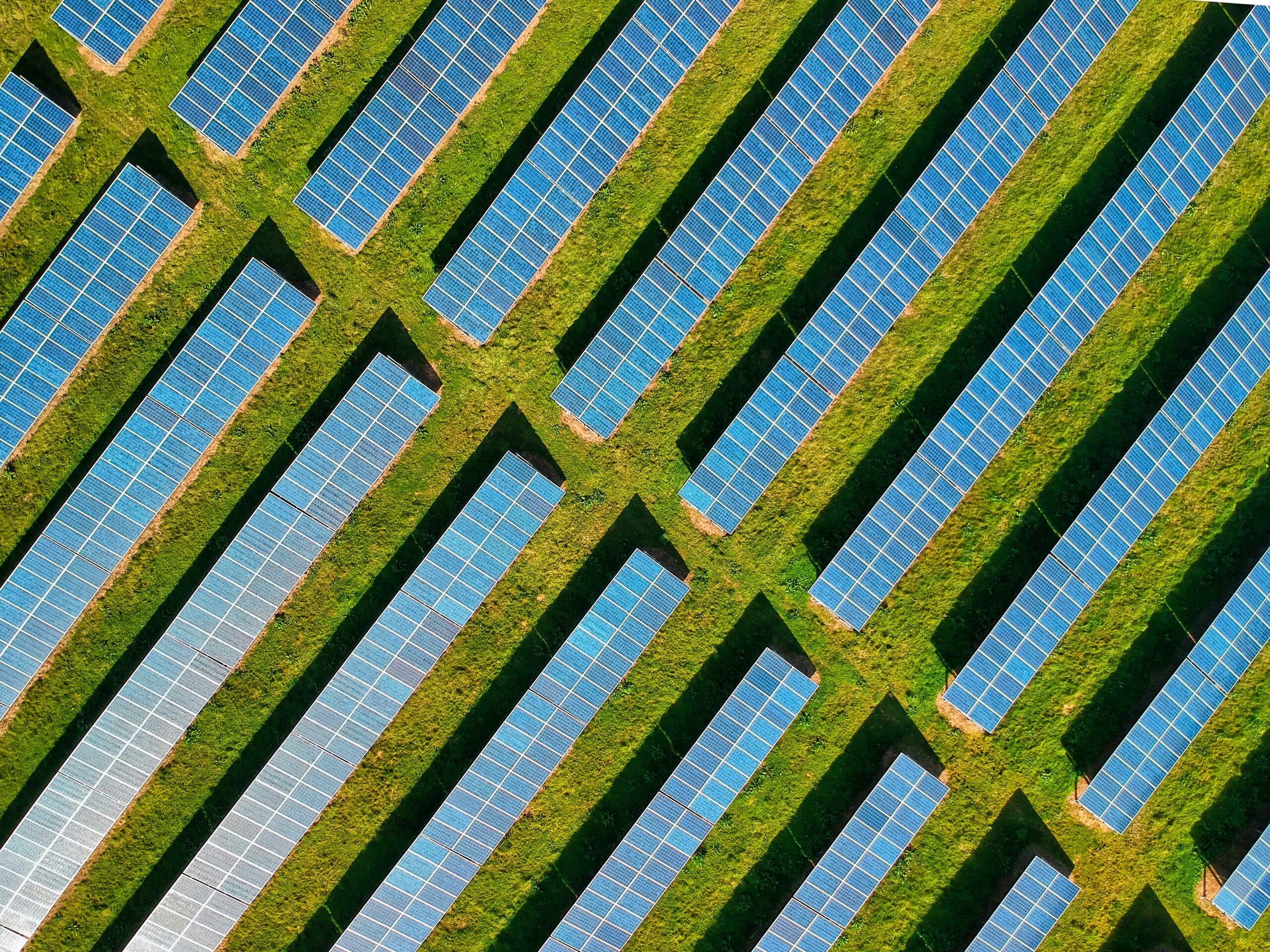Are you curious about solar energy? Solar energy is an increasingly popular form of renewable energy, but how much do you really know about it?
In this article, we’ll explore solar energy limitations so that you can have a better understanding of its capabilities. From the type of environment necessary for efficient use to practical applications, this guide will give the readers a comprehensive overview on the subject. So let’s get started!
- Introduction to Solar Energy
- Advantages of Solar Energy
- Disadvantages of Solar Energy
- Main Solar Energy Limitations
- The Ideal Environment for Efficient Use of Solar Power
- Practical Applications and Examples Of Using Solar Power in Everyday Life
- Understanding the Benefits and Drawbacks of Going Green with solar energy
Introduction to Solar Energy
Solar energy is becoming increasingly popular as a sustainable and renewable source of power. Solar panels are being installed on rooftops, carports, and in backyards everywhere to power homes and businesses with clean electricity from the sun.
With advancements in solar technology, it’s now easier than ever for people to take advantage of this natural resource.
Advantages of Solar Energy
Solar energy offers a wide range of advantages over traditional sources of electricity. The most notable advantage is that it is an abundant, renewable resource that can be used to generate clean, emissions-free power. Solar panels require minimal maintenance once installed and they last for many years with no additional costs.
Additionally, solar power systems can reduce your monthly electricity bills by offsetting some or all of your home’s electric consumption with free energy from the sun!
Disadvantages of Solar Energy
One of the major disadvantages of solar energy is its cost. Solar panels can be expensive and often require a large upfront investment. Additionally one of the most solar energy limitations is that, due to their reliance on sunlight, they are not able to generate power at night or during periods of cloudy weather.
Solar energy also requires additional space for installation, as well as regular maintenance and cleaning to ensure optimal performance. Let’s talk about other solar energy limitations now.
Main Solar Energy Limitations
Solar energy is one of the most efficient and cleanest forms of renewable energy available today. However, there are a few limitations when it comes to solar energy: Solar panels can be expensive to install and maintain, they can require vast amounts of space for large-scale operations, and their efficiency depends heavily on weather conditions.
The Ideal Environment for Efficient Use of Solar Power
The ideal environment for efficient use of solar power is a place with clear, sunny days and minimal clouds. The more direct sunlight the better.
Additionally, you’ll want to make sure your panels are placed in an area that receives as much sunshine as possible throughout the day without being shaded by trees or buildings. With this setup, your home will be able to maximize its efficiency when it comes to utilizing solar energy!
Practical Applications and Examples Of Using Solar Power in Everyday Life
Solar power is becoming increasingly popular as an alternative energy source. It can be used to generate electricity and heat, as well as being a more sustainable option than traditional sources of energy such as fossil fuels.
Solar power has practical applications in everyday life including powering homes and businesses, lighting streets, powering electric vehicles and heating swimming pools. Furthermore, solar panels have become much more affordable over the years making them a viable long-term investment for those looking to reduce their carbon footprint or lower their monthly utility bills.
Understanding the Benefits and Drawbacks of Going Green with solar energy
Going green with solar energy has many benefits, such as reducing your carbon footprint through a renewable energy source. Solar energy is free, clean and can save you money on your electricity bills in the long run.
However, there are some drawbacks to going green with solar energy – it requires an initial large investment for the panels and installation; the weather can affect its production efficiency; and it takes up valuable real estate space on rooftops or backyards.
If you found this article insightful, you should absolutely check out other articles on how you can use the solar energy effectively for various purposes (homes, vehicles, etc.).
